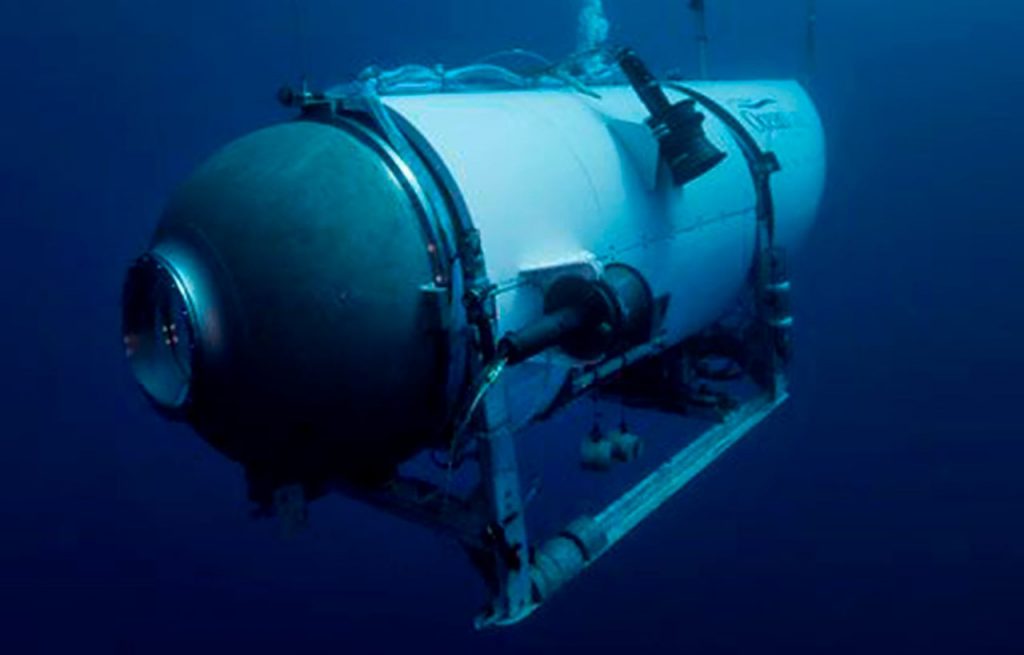Guillermo Söhnlein, the co-founder of OceanGate Expeditions, has been thrust into the spotlight after the tragic Titan submersible incident that claimed five lives, including CEO Stockton Rush. Questions have been raised about the company’s approach to innovation and safety. However, Söhnlein remains undeterred and is now focused on his ambitious goal of sending 1,000 humans to live in Venus’ atmosphere by 2050.
He maintains his plan is not as crazy as it seems. “I think it is less aspirational than putting a million people on the Martian surface by 2050,” he told Insider.
Venus is not exactly the most human-friendly place in our solar system, even though its someties referred to as Earth’s twin. Söhnlein agrees on this part, though. “You’re absolutely right that when you talk about going to Venus, it would raise eyebrows outside the space industry. And it even raises eyebrows inside the space industry,” he said.

Despite Venus being an inhospitable planet with extreme conditions, Söhnlein believes there is a sliver of its atmosphere where humans could potentially survive. He envisions a floating colony that could house thousands of people if designed to withstand the harsh conditions of the Venusian atmosphere.
“I think I’ve been driven to help make humanity a multi-planet species since I was 11 years old,” he said. “I had this recurring dream of being the commander of the first Martian colony,” he said.
Söhnlein’s venture, Humans2Venus, aims to push the boundaries of human exploration and develop innovative business concepts to overcome commercial barriers to living on Venus. The studio seeks to reduce launch costs and fund space missions without government support.

Breaking barriers is essential for progress, as Söhnlein demonstrated with OceanGate’s development of a deep-diving submersible made of carbon fiber instead of titanium steel, defying traditional norms. He sees this kind of thinking as critical for humanity’s advancement.
“I don’t think that should have a negative connotation because you could almost argue that it’s a critical element of humanity moving forward,” he said.
“If we didn’t have people that like this, we’d probably all still be in caves,” he said.
Regarding the Titan tragedy, Söhnlein defends the pursuit of carbon fiber submersibles for ocean exploration, despite the risks involved. He believes that pushing the limits of innovation is necessary, regardless of the setbacks.
Comparing Venus to Mars, Söhnlein acknowledges the challenges of both planets, including exposure to cosmic radiation and extreme temperatures. He acknowledges the need for a certain type of person to endure living in such closed environments for extended periods.
While some argue for the exploration of Venus and Mars due to the potential discovery of life’s building blocks, others warn of the risk of contaminating these pristine environments with human presence.

Forget OceanGate. Forget Titan. Forget Stockton. Humanity could be on the verge of a big breakthrough and not take advantage of it because we, as a species, are gonna get shut down and pushed back into the status quo,” he said.
In the end, Humans2Venus is focused on exploring Venus as a potential destination, driven by Söhnlein’s unwavering belief in the importance of pushing humanity beyond its natural boundaries on Earth.
In summary, Guillermo Söhnlein, the cofounder of OceanGate Expeditions, is determined to push the boundaries of human exploration despite the tragedy involving the Titan submersible. He envisions a future where humans can live in Venus’ atmosphere and, through Humans2Venus, aims to overcome commercial barriers to this ambitious goal. Söhnlein’s determination to break barriers and explore new frontiers is at the heart of his ventures and ambitions.


